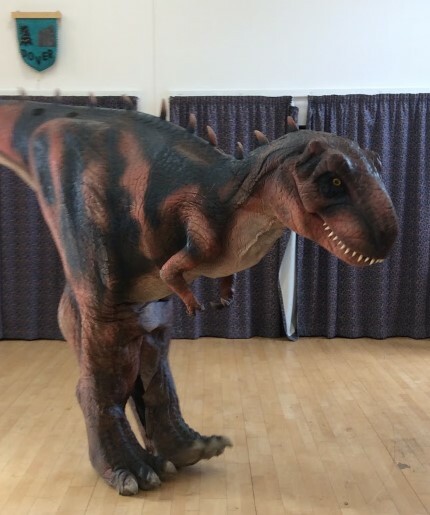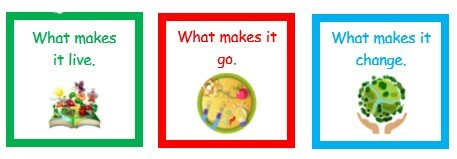Science

In Science we aim to teach a rich, diverse and engaging curriculum that enthuses, and engages all learners at Great Chart school. We develop pupils' enjoyment and interests in science, deepening their understanding of current global issues and taking an interest in their own healthy lifestyles. We aim to offer learners an environment to explore and develop their understanding of key scientific concepts and skills. We will enable pupils to effectively communicate ideas by using the correct scientific vocabulary. We enable pupils to effectively communicate scientific ideas by using scientific vocabulary. We develop positive attitudes which encourage collaborative learning and perseverance. We develop pupils' awareness of how science influences and affects our everyday lives.



